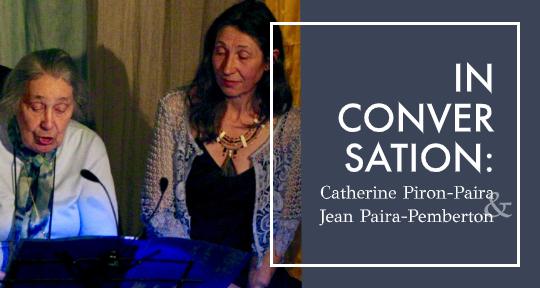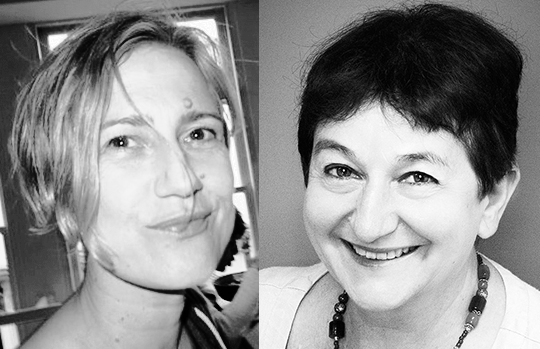Mieko Kawakami’s 2008 novella Breasts and Eggs won acclaim in Japan for its depiction of the tense, complex relationship between the narrator, Natsuko Natsume, her sister, and her niece. Haruki Murakami called Kawakami his favorite young novelist, and the novella went on to win the prestigious Akutagawa Prize. Kawakami later expanded the story into a novel of the same name. Its translation into English, forthcoming from Europa Editions (US) and Picador (UK), will be her English-language debut and has been listed among this year’s most anticipated releases by The New York Times, The Millions, Lit Hub, and others. The book’s award-winning translators, Sam Bett and David Boyd, are working together to translate all of Kawakami’s novels. Here, they discuss their co-translation process and some of the novel’s challenges: Kawakami’s musical prose, the characters’ Osaka dialect, and the plot’s focus on women’s experiences.
Allison Braden (AB): How does your work, in general, complement each other’s? What is it about the other’s product or process that makes for a good collaborator?
Sam Bett (SB): I discovered David’s work as a reader, through the magazine Monkey Business, and wrote him something of a fan letter. We’ve been each other’s first readers for almost five years now. Depending on the project, this sometimes means doing a close “side-by-side” read, where we offer comments on specific translation choices, and sometimes means reading the translation independently from the original, to see how well it stands up on its own. I think the most important thing is receptivity. Translation is, by nature, a group effort. Our collaboration is essentially a long-term workshop. When you have mutual trust and let your guard down, you can admit your fallibility, which is the only way to grow.
David Boyd (DB): Translating Breasts and Eggs with Sam was incredibly satisfying. That said, I could see how co-translation could go horribly wrong under different circumstances. If you asked around about experiences with co-translation, you’d probably hear more horror stories than happy endings . . . I agree with Sam. What made our collaboration work was trust. On top of that, if you’re going to co-translate, you’d better be happy with how your collaborator approaches writing. Otherwise it isn’t going to work. There was one other thing that I think made our collaboration work: the way we divided the text. Sam retained ultimate say over the translation of the narrative and I had the same degree of control over how we handled the dialogue. That division really helped. READ MORE…





